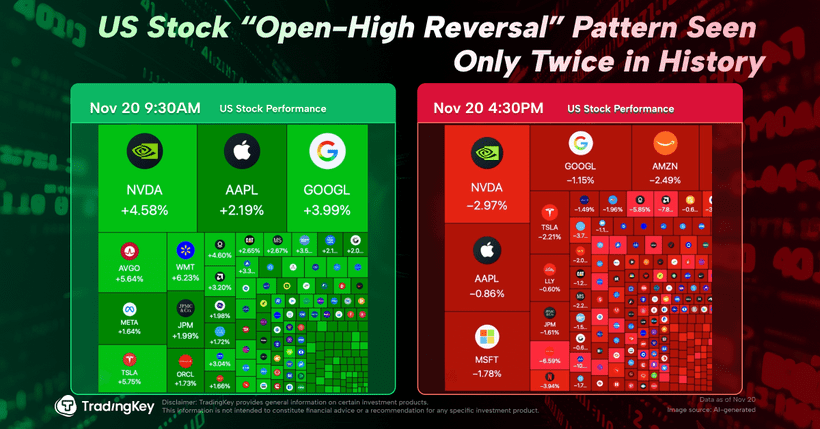USD/CAD moves below 1.3700 due to rising bets for a Fed rate cut in September

- USD/CAD loses ground following the dovish comments from the Fed officials.
- San Francisco Fed President Mary Daly emphasized that the US central bank should reduce rates gradually.
- The upside of the commodity-linked CAD could be retrained due to lower crude Oil prices.
USD/CAD retraces its recent gains from the previous two sessions, trading around 1.3670 during Monday’s European hours. This downside is attributed to the tepid US Dollar (USD) following dovish comments from Federal Reserve (Fed) officials regarding their policy stance. This has increased the odds of an interest rate cut by the central bank in September and undermined the USD/CAD pair.
Federal Reserve Bank of San Francisco President Mary Daly emphasized Sunday that the US central bank should take a gradual approach to reducing borrowing costs, according to the Financial Times. Daly pushed back against economists' concerns that the US economy is on the verge of a sharp slowdown that would justify rapid interest rate cuts.
Federal Reserve Bank of Chicago President Austan Goolsbee warned that central bank officials should be cautious about keeping a restrictive policy in place longer than necessary. While it's uncertain whether the Fed will cut interest rates next month, failing to do so could harm the labor market, per CNBC.
However, the downside of the USD/CAD pair could be restrained as the commodity-linked Canadian Dollar (CAD) may struggle due to lower WTI prices. Given the fact that Canada is the biggest crude Oil exporter to the United States (US).
West Texas Intermediate (WTI) Oil price drops to near $75.00 per barrel at the time of writing. The decline in crude Oil prices is driven by concerns over weaker demand from China, the world's top oil importer. However, any escalation in geopolitical tensions related to the Israel-Hamas and Russia-Ukraine conflicts could raise supply concerns, potentially limiting further declines in Oil prices.
Hamas has issued a statement rejecting the terms for a hostage release-ceasefire deal discussed in Doha on Thursday and Friday, according to Reuters citing a local news agency Times of Israel. Additionally, concerns about escalating tensions between Ukraine and Russia were heightened as Ukraine initiated the largest invasion of Russia since World War II.
Traders are likely to focus on Canada's Consumer Price Index (CPI) data for July on Tuesday, with market expectations pointing to a 2.5% year-on-year increase, down from the previous 2.7% rise. Meanwhile, the monthly index is expected to rise by 0.3%, swinging from the previous 0.1% decline.
Canadian Dollar FAQs
What key factors drive the Canadian Dollar?
The key factors driving the Canadian Dollar (CAD) are the level of interest rates set by the Bank of Canada (BoC), the price of Oil, Canada’s largest export, the health of its economy, inflation and the Trade Balance, which is the difference between the value of Canada’s exports versus its imports. Other factors include market sentiment – whether investors are taking on more risky assets (risk-on) or seeking safe-havens (risk-off) – with risk-on being CAD-positive. As its largest trading partner, the health of the US economy is also a key factor influencing the Canadian Dollar.
How do the decisions of the Bank of Canada impact the Canadian Dollar?
The Bank of Canada (BoC) has a significant influence on the Canadian Dollar by setting the level of interest rates that banks can lend to one another. This influences the level of interest rates for everyone. The main goal of the BoC is to maintain inflation at 1-3% by adjusting interest rates up or down. Relatively higher interest rates tend to be positive for the CAD. The Bank of Canada can also use quantitative easing and tightening to influence credit conditions, with the former CAD-negative and the latter CAD-positive.
How does the price of Oil impact the Canadian Dollar?
The price of Oil is a key factor impacting the value of the Canadian Dollar. Petroleum is Canada’s biggest export, so Oil price tends to have an immediate impact on the CAD value. Generally, if Oil price rises CAD also goes up, as aggregate demand for the currency increases. The opposite is the case if the price of Oil falls. Higher Oil prices also tend to result in a greater likelihood of a positive Trade Balance, which is also supportive of the CAD.
How does inflation data impact the value of the Canadian Dollar?
While inflation had always traditionally been thought of as a negative factor for a currency since it lowers the value of money, the opposite has actually been the case in modern times with the relaxation of cross-border capital controls. Higher inflation tends to lead central banks to put up interest rates which attracts more capital inflows from global investors seeking a lucrative place to keep their money. This increases demand for the local currency, which in Canada’s case is the Canadian Dollar.
How does economic data influence the value of the Canadian Dollar?
Macroeconomic data releases gauge the health of the economy and can have an impact on the Canadian Dollar. Indicators such as GDP, Manufacturing and Services PMIs, employment, and consumer sentiment surveys can all influence the direction of the CAD. A strong economy is good for the Canadian Dollar. Not only does it attract more foreign investment but it may encourage the Bank of Canada to put up interest rates, leading to a stronger currency. If economic data is weak, however, the CAD is likely to fall.








